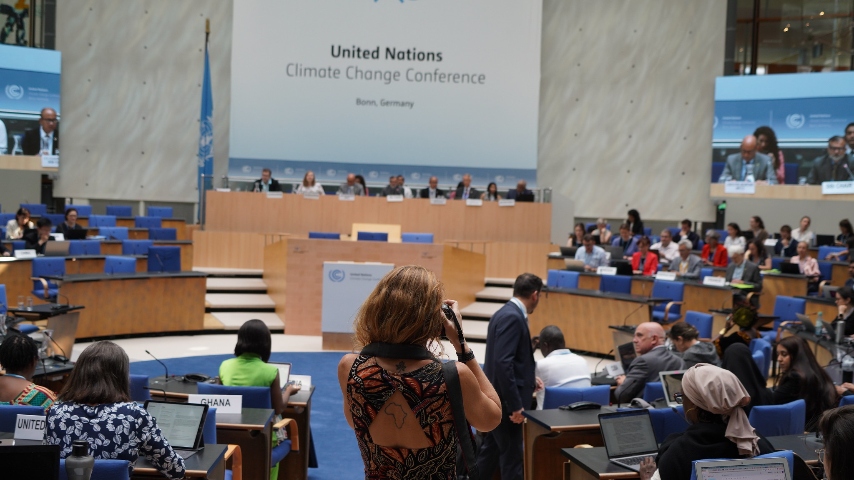Exponential Roadmap Initiative submitted views to an independent consultation led by the UN Framework Convention on Climate Change (UNFCCC) to identify barriers that slow progress and limit ambitions on the net zero pledges made by companies, cities and regions and financial institutions.
The consultation, co-chaired by Sarah Bloom Raskin, former Deputy Secretary of the United States Treasury and currently a professor of law at Duke University, and Dr. Bing Leng, member of the International Sustainability Standards Board, builds on the work of the UN Secretary-General’s High-Level Expert Group for the net-zero commitments of non-state entities, or HLEG, and the recommendations made in the Integrity matters report.
Input to the consultation is to help inform the development of the UNFCCC’s Net Zero Recognition and Accountability Framework (RAF), expected to be launched in the first quarter of 2024.
Claire Wigg, Exponential Roadmap Initiative’s Head of Climate Performance Practice, said:
The Recognition and Accountability Framework (RAF) can be a particularly effective tool for incentivising companies to accelerate action towards net zero. It could increase transparency; providing more and better data, as well as information about whether or not that data has been verified. Transparency allows for easier and broader scrutiny, which in turn spurs action and ambition.

